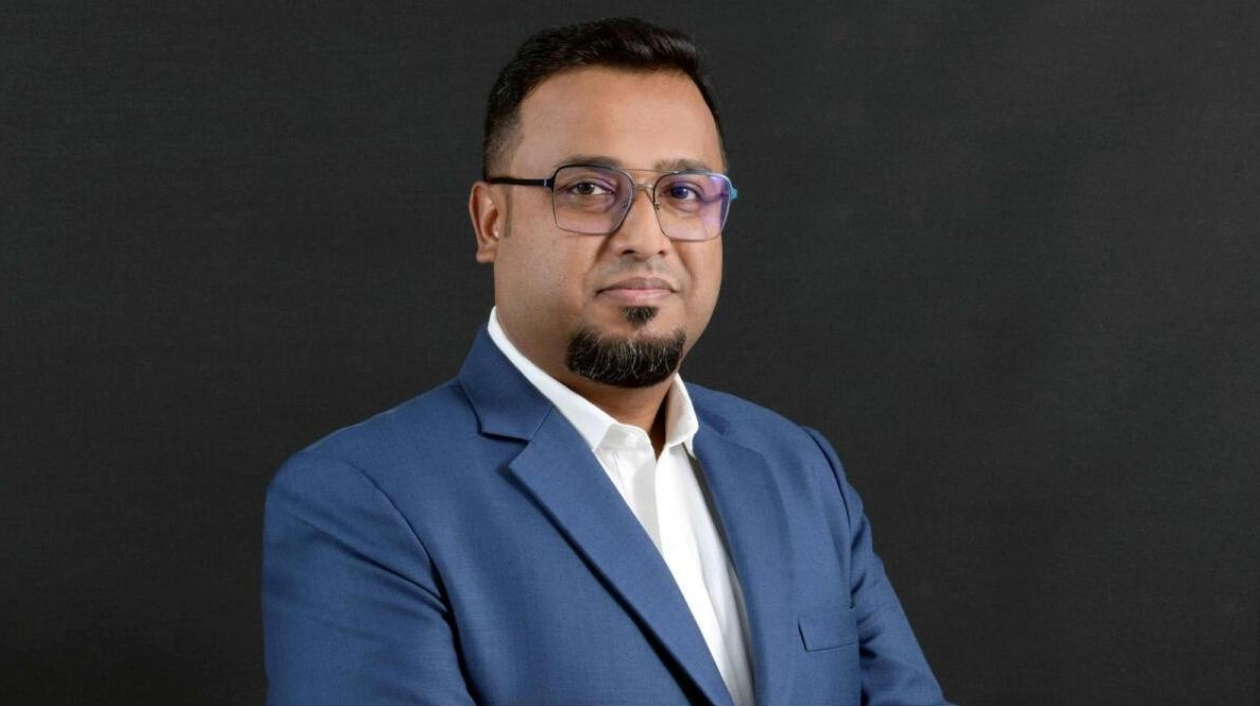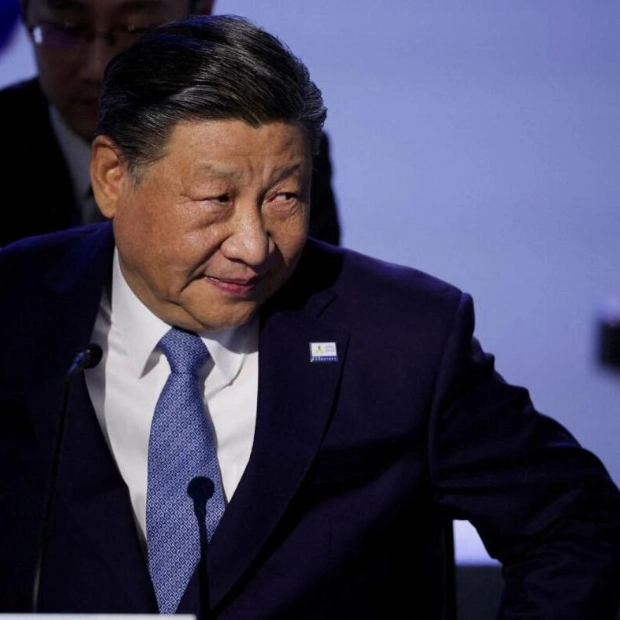Sujoy Banerjee, associate director for the MEA region at ManageEngine, emphasizes that the UAE has emerged as a hotbed for innovation, particularly as the digital landscape continues to expand rapidly. Cybersecurity has thus become a focal point for businesses worldwide. GITEX Global 2024, one of the world's largest tech events, offers a crucial platform for tech companies to exhibit their innovations and discuss the latest trends in cybersecurity. This year, industry leaders from various cybersecurity firms emphasized the transformative role that artificial intelligence (AI) and machine learning (ML) are playing in shaping the future of digital security.
From managing intricate data systems to protecting organizations against AI-powered cyberattacks, GITEX Global has proven to be a melting pot of ideas that are pushing the boundaries in cybersecurity. The UAE’s cybersecurity policies are advancing in step with the rapid development of AI technologies, aiding in the protection of the country's critical infrastructure and digital economy. These policies are designed to address the complexities of modern cybersecurity threats, making the region a hub for technological innovation.
Meriam ElOuazzani, senior regional director for the Middle East, Turkey, and Africa at SentinelOne, highlighted the significance of these policies in the face of rapidly evolving AI-driven threats. SentinelOne’s Purple AI enhances decision-making by summarizing complex threat data, recommending actions, and even generating potential threat response strategies. This allows SOC teams to respond more efficiently, reducing alert fatigue and improving overall security posture. "Through Purple AI, we integrate generative AI to assist Security Operations Center (SOC) analysts by automating the analysis of threat patterns and generating detailed incident reports," she stated.
Artificial intelligence has emerged as a powerful tool for cybersecurity companies in mitigating risks and enhancing data compliance protocols. At GITEX Global, cybersecurity leaders showcased how AI is being integrated into their solutions to provide more robust defenses against sophisticated cyberattacks. Sophos’ generative AI models undergo human confirmation, choose from limited, approved functions, and use anonymization techniques to ensure data compliance. Ben Gelman, senior data scientist at Sophos, explained the company’s approach to responsible AI in cybersecurity. "At Sophos, we are committed to responsible AI, meaning we don't employ the haphazard replacement of critical systems with unmitigated AI models. We understand the value of the human element, build AI with people in mind, and treat our models as force multipliers."
As organizations face increasingly complex threats, AI is becoming a crucial element in cybersecurity strategies. ManageEngine is using machine learning-powered solutions to help organizations track adversaries and predict their next moves, offering a much-needed edge in reducing risks. Sujoy Banerjee, associate director for the MEA region at ManageEngine, shared the company’s latest developments. "ManageEngine has been bolstering our suite of IT solutions with the latest enhancements using emergent tech such as AI and ML. One of our recent enhancements in our cybersecurity suite, Log360, introduces an ML-powered Exploit Triad Analytics, which helps organizations trace and predict the path of adversaries, enabling them to mitigate risks and reduce the breach life cycle."
Banerjee also highlighted how these advancements align with the UAE’s new policies on AI and cybersecurity, ensuring ethical use and preventing cyber threats polished by AI technology. While AI offers immense potential for bolstering cybersecurity, it also poses new challenges, particularly when it comes to generative AI (GenAI). Tenable, the Exposure Management company, has published a new study revealing that 68 per cent of organizations plan to harness generative AI (GenAI) within the next 12 months to enhance security measures and align IT objectives with broader business goals. The study, commissioned by Forrester Consulting, surveyed 826 IT and cybersecurity professionals from global enterprises, including Saudi Arabia. It highlights a notable shift towards GenAI adoption yet underscores a critical challenge: only 22 per cent of organizations express high confidence in their ability to effectively implement these technologies.
Maher Jadallah, senior director for the Middle East and North Africa at Tenable, shared insights from the study. "Security leaders remain optimistic about GenAI’s potential to enhance security, but the study also highlights the complexities of AI integration as organizations balance innovation with potential risks." In particular, concerns over the internal misuse of GenAI and data quality issues were cited as significant hurdles for businesses in Saudi Arabia and the broader Middle East. Despite these challenges, Jadallah remains hopeful about the future. "The growing adoption of GenAI within businesses marks a pivot in their strategic focus, and we’re seeing organizations take steps to improve data quality, which is crucial for the success of these technologies."
GITEX Global continues to serve as a vital platform for fostering collaboration, innovation, and the sharing of ideas in the tech world. As cybersecurity evolves with the adoption of AI, companies are leveraging GITEX to showcase solutions that not only address current threats but also prepare for future challenges.






